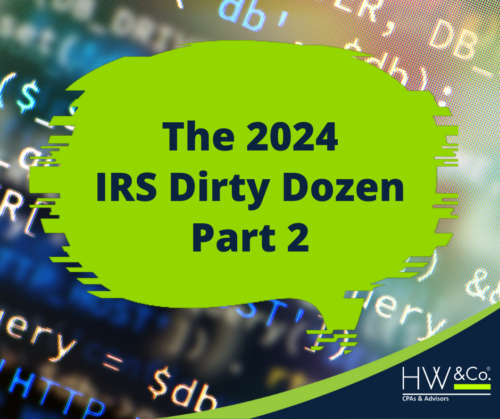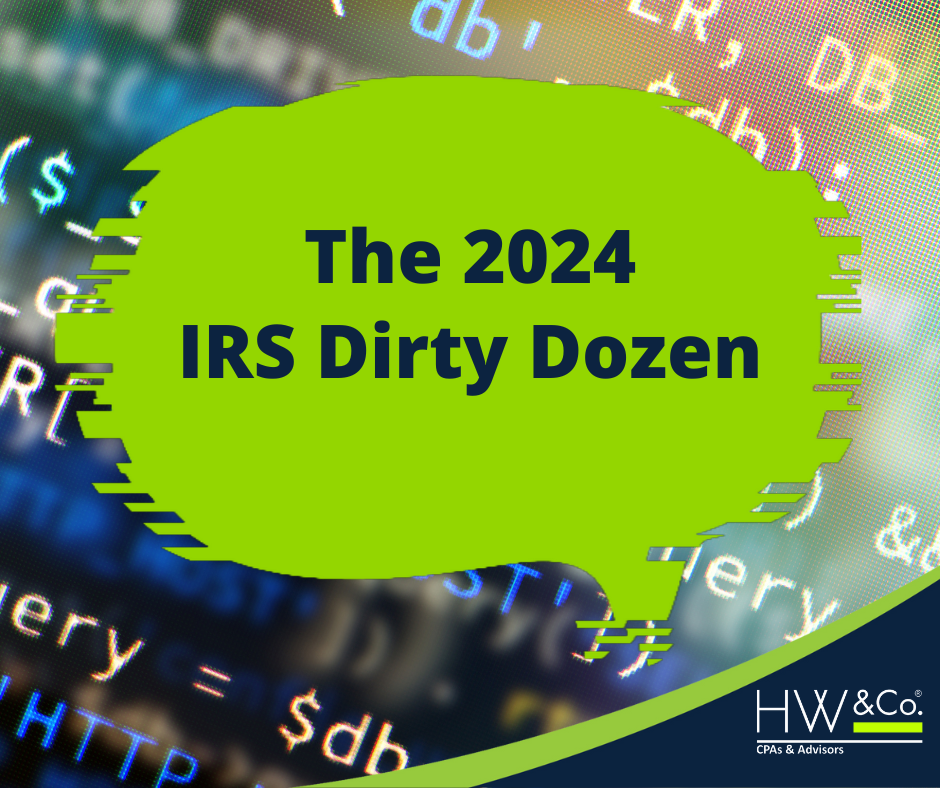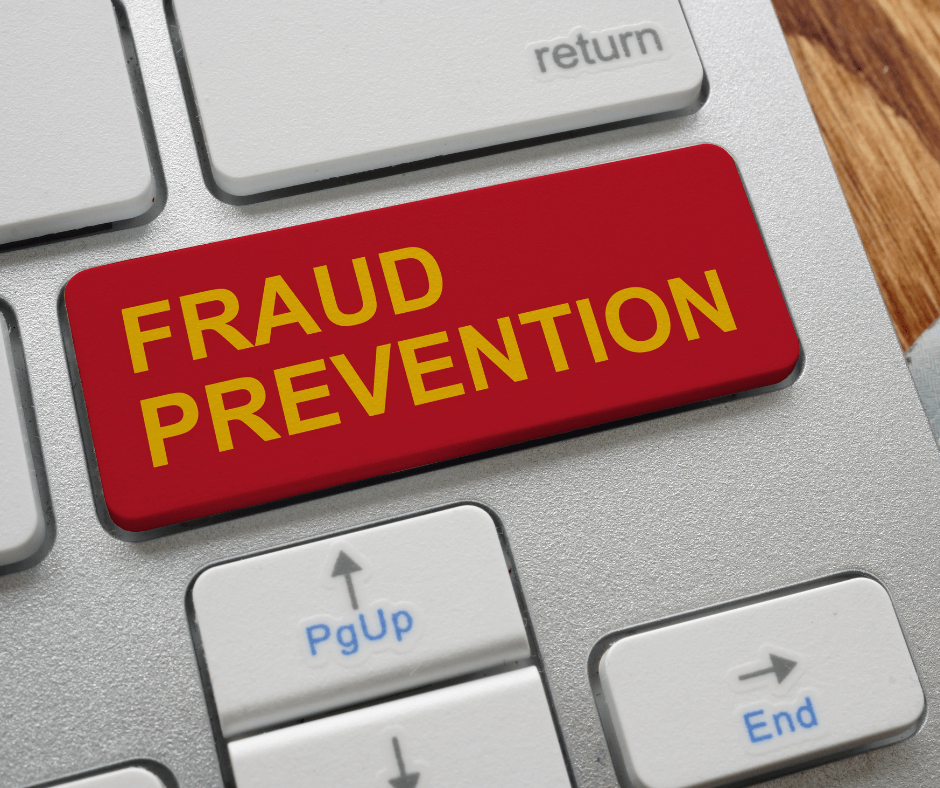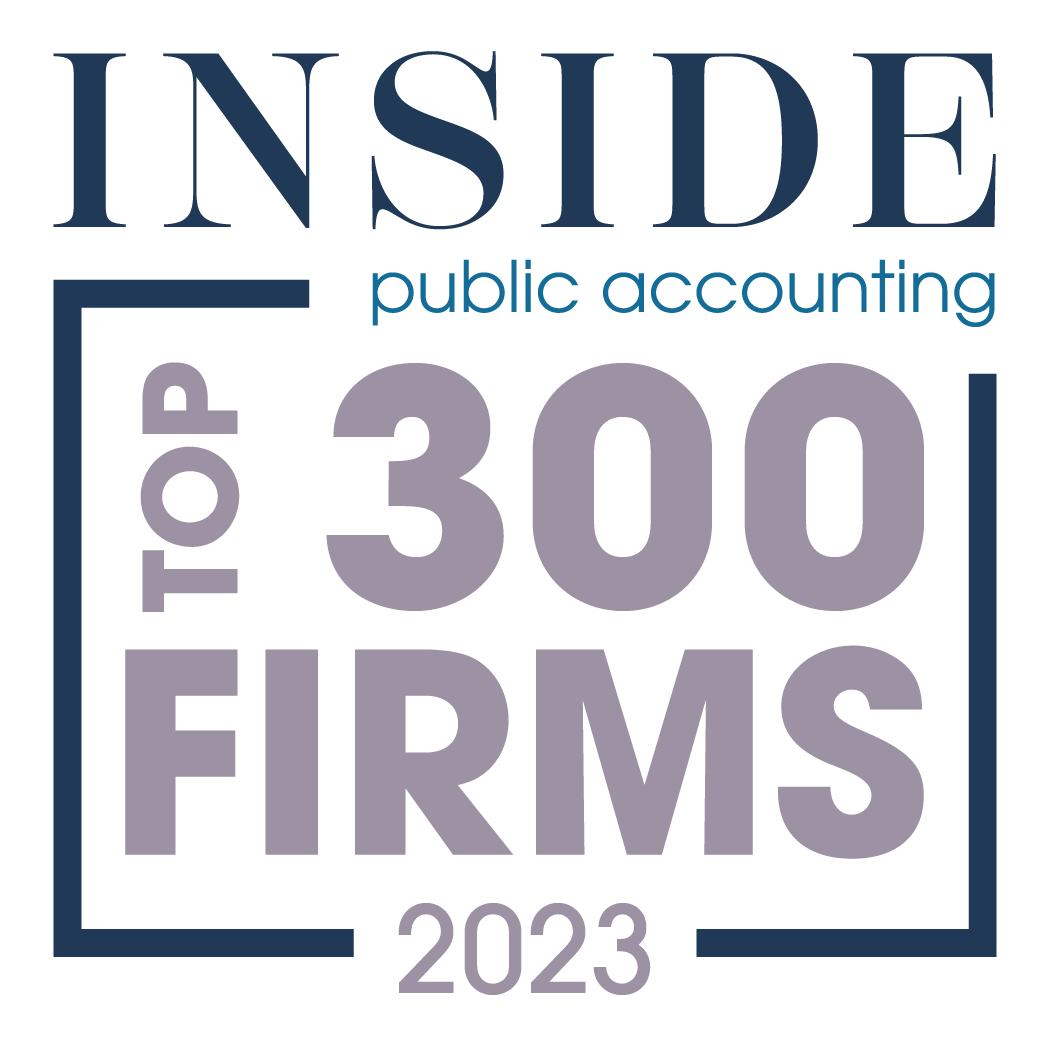 Last week, we introduced you to the IRS’s 2024 Dirty Dozen campaign, an annual list compiling the most common tax schemes. The campaign provides taxpayers with important information about how to protect themselves against con artists attempting steal their information or defraud them.
Last week, we introduced you to the IRS’s 2024 Dirty Dozen campaign, an annual list compiling the most common tax schemes. The campaign provides taxpayers with important information about how to protect themselves against con artists attempting steal their information or defraud them.
Today, we’ll look at three more nefarious scams: fake assistance with online accounts, improper Fuel Tax Credit claims, and offer in compromise (OIC) “mills.”
3. Fake “Help” Setting Up an IRS Online Account
The third Dirty Dozen item featured in the campaign is related to scams offering taxpayers assistance with creating online accounts on the IRS’s website. Though the IRS offers a legitimate online account service, scammers will create fake programs offering help in setting up online accounts, which allows them to trick taxpayers into providing their tax and financial information. These fraudsters can then use this data to steal tax refunds and commit identity theft.
4. False Fuel Tax Credit Claims
The IRS is warning that some conniving third parties may attempt to convince unwitting taxpayers to apply for fuel credits – luring them with the promise of a significant refund even though they are not eligible. These scammers take advantage of the taxpayers by charging fees or stealing their personal information.
“People should watch out for erroneous fuel tax credit claims and the scammers that promote them,” said IRS Commissioner Danny Werfel. “These scammers will often charge a hefty fee for these bogus claims, and participants also face the possibility of identity theft. This is another example that people should always remember: Be wary if a tax deal sounds too good to be true.”
Because the tax credit is limited to off-highway business use (applicable for companies such as those operating in landscaping, farming, manufacturing, etc.), the typical taxpayer is not eligible. But taxpayers sometimes falsely claim the credit to bolster their refunds, often convinced to do so by devious promoters looking to take advantage. As such, the IRS has increased its screening measures around the fuel tax credit claims in order to identify and stop the fraud. Taxpayers who falsely claim credits can be subject to fines and prosecution, so it’s important to be honest.
5. Offer in Compromise Mills
Offer in Compromise (OICs) are situations where the IRS works with taxpayers settle tax debt for less than they owe. This option can be used when taxpayers are incapable of paying their full tax amount due to financial hardship. Each situation is unique, and the OIC agreement is designed according to the taxpayer’s individual circumstances.
However, OIC mills are agencies known for promoting–often by heavily advertising on radio and TV—services claiming help taxpayers obtain OICs. They frequently mislead taxpayers into paying for information and services they could easily obtain on their own. And, after engaging the services of an OIC and paying fees, taxpayers may discover they don’t meet the requirements of an offer. Taxpayers can check their OIC eligibility for free using the IRS’s Offer in Compromise Pre-Qualifier tool.
It’s important to remember that taxpayers can work directly with the IRS to reach an OIC agreement; there is no need to use a third party.
The IRS urges people to report abusive tax schemes and abusive tax return preparers.
The full IRS news releases offer additional information and warnings:
- IR-2024-87 – Dirty Dozen: IRS Warns Taxpayers to Stay Away From “Helpful” Scammers Offering to Set Up an Online Account
- IR-2024-89 – Dirty Dozen: IRS Warns About False Fuel Tax Credit Claims; Taxpayers Should Be Wary of Scammers, Heightened Review
- IR-2024-91 – Dirty Dozen: Beware of Offer in Compromise “Mills” that Falsely Claim Their Services are Necessary to Resolve IRS Debt
Stay tuned over the coming weeks as we continue to profile the remaining entries to keep you apprised of how to avoid evolving tax schemes.
For more information, please visit the IRS website or contact an HW&Co. Advisor today.
©2024






